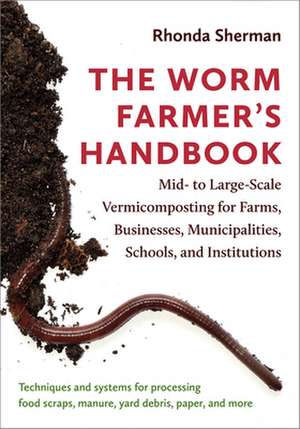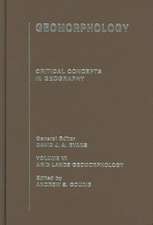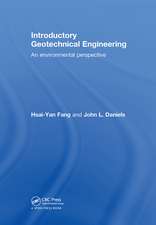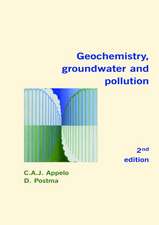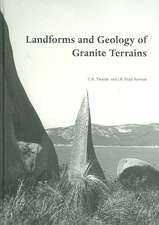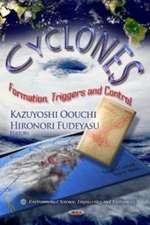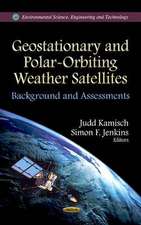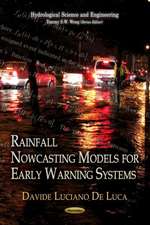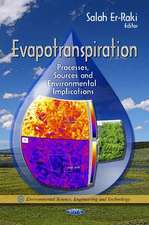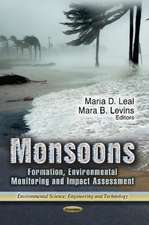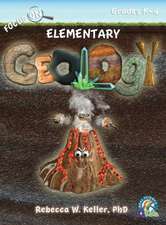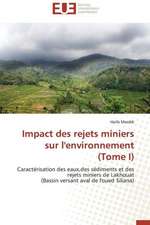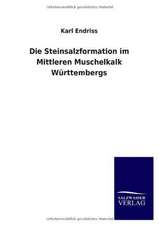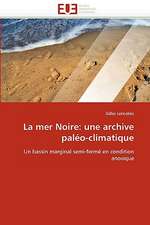The Worm Farmer's Handbook
Autor Rhonda Shermanen Limba Engleză Paperback – 9 noi 2018
Techniques and systems for processing food scraps, manure, yard debris, paper, and more
Turning waste into wealth sounds too good to be true, but many worm farmers are finding that vermicomposting is a reliable way to do just that. Vermicast--a biologically active, nutrient-rich mix of earthworm castings and decomposed organic matter--sells for $400 or more per cubic yard. Compare that to regular compost, sold at about $30 a cubic yard, and you'll see why vermicomposting has taken root in most countries and on every continent but Antarctica.
Vermicomposting is also one of the best sustainable solutions for organic waste management. Vermicomposting manure and crop wastes on farms improves crop yields while reducing demand for off-farm inputs. Vermicast has higher nutrient levels and lower soluble salt content than regular compost, and it improves soil aeration, porosity, and water retention. Plus, vermicast suppresses plant diseases and insect attacks. Municipalities, businesses, community gardens, schools, and universities can set up vermicomposting operations to process food residuals and other waste materials.
The Worm Farmer's Handbook details the ins and outs of vermicomposting for mid- to large-scale operations, including how to recycle organic materials ranging from food wastes and yard trimmings to manure and shredded office paper. Vermicomposting expert Rhonda Sherman shares what she has learned over twenty-five years working with commercial worm growers and researchers around the world. Her profiles of successful worm growers across the United States and from New Zealand to the Middle East and Europe describe their proven methods and systems.
This book digs into all the details, including:
- Choosing the right production system
- Regulatory issues and developing a business and marketing plan
- Finding and managing feedstocks
- Pre-composting: why and how to do it
- Monitoring an active worm bed
- Harvesting, screening, testing, packaging, and storing vermicast
- Markets for earthworms and vermicast
- Food security: how vermicast benefits soils and plants
- Keys to success: avoiding common pitfalls
Preț: 134.11 lei
Preț vechi: 169.94 lei
-21% Nou
Puncte Express: 201
Preț estimativ în valută:
25.66€ • 26.94$ • 21.30£
25.66€ • 26.94$ • 21.30£
Carte disponibilă
Livrare economică 20-27 martie
Livrare express 05-11 martie pentru 71.75 lei
Preluare comenzi: 021 569.72.76
Specificații
ISBN-13: 9781603587792
ISBN-10: 1603587799
Pagini: 256
Ilustrații: Full-color photographs and illustrations throughout
Dimensiuni: 177 x 251 x 20 mm
Greutate: 0.59 kg
Editura: Chelsea Green Publishing Company
ISBN-10: 1603587799
Pagini: 256
Ilustrații: Full-color photographs and illustrations throughout
Dimensiuni: 177 x 251 x 20 mm
Greutate: 0.59 kg
Editura: Chelsea Green Publishing Company
Notă biografică
Extension Specialist Rhonda Sherman is the director of the Compost Learning Lab at North Carolina State University and one of the leading experts worldwide on vermicomposting. Rhonda travels extensively to present workshops and to consult with farmers, businesses, and institutions on the development and management of vermicomposting systems. She organizes the highly successful annual NC State Vermiculture Conference, which for nineteen years has drawn participants from across the United States and around the globe. She is a co-editor of Vermiculture Technology and has written extensively about composting and vermicomposting in her role with NC State University.
Descriere
"Techniques and systems for processing food scraps, manure, yard debris, paper, and more"--Cover.
